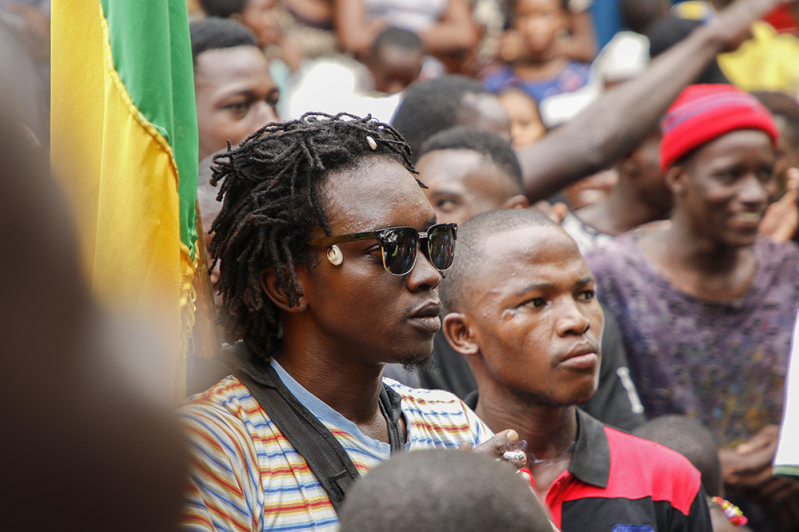
Despite hosting some of the fastest growing economies in the world, persistent youth unemployment, and pervasive corruption and inequality may fuel clashes between ruling parties and opposition during the 2024 election cycle in nearly 20 African countries.
In West Africa, Senegal, Ghana, Burkina Faso, Mali and Guinea-Bissau will go to the polls against a backdrop of military coups that swept the region in 2023. Mali and Burkina Faso, particularly, are in the delicate and uncertain position of transitioning back to democratic rule through elections in 2024.
Relatively stable democracies, such as Senegal and Ghana, have experienced violent conflicts between political factions. Widespread protests in Senegal forced President Macky Sall to shelve his ambitions to run for an unconstitutional third term. At the same time, supporters of the top opposition leader, Ousmane Sonko, have clashed with law enforcement while protesting the numerous court cases against Sonko. These are seen as efforts by the government to stop him from being on the presidential ballot in February.
President Nana Akufo-Addo in Ghana is not eligible for re-election due to term limits. So the ruling party has put forward the current Vice President Mahamudu Bawumia as their candidate for Ghana’s highest office. The government has grappled with mounting debt that has crippled the economy.
Frequent power cuts, a high unemployment rate, corruption and soaring crime are some of the key issues that South African residents will consider as they prepare to vote in March 2024. This widely anticipated national election is considered a litmus test for the ruling party, the African National Congress (ANC), after their three decades at the helm of the country’s leadership.
South Africa’s neighbors Mozambique, Namibia and Botswana will also be going to the polls in 2024 under an electorate that is increasingly disillusioned by the slow progress of democracy and economic gains from independence. Many perceive democracy as a failed means to political and economic growth, not just in Southern Africa states, but across the continent. This partly explains why military juntas in parts of West Africa and the Sahel were cheered and encouraged by citizens in the 2022 and 2023 coups.
Unlike in Latin America, where the evangelical influence in politics grown significantly in the recent past, Christians in Africa are divided on how to engage in politics, if at all. Theologian Bernard Boyo in his book, ‘The Church and Politics: A Theological Reflection’, argues that the emphasis on individual salvation has often led the church into neglecting its societal role of actively fostering social, political and economic justice.
“We are not oblivious to the fact that most Christians in Africa have no theological or biblical foundation to guide their involvement in politics,” Boyo said in his book. “They have not been prepared to think biblically about what to do when personal, group, and national interests clash.”
Pastor Confex Makhalira, a pastor and church planter in Malawi, has a different view of the church's role in politics. “The Bible clearly teaches a separation between the Church and the State. Thus, the Church should not directly involve herself in politics, acting as a political party. However, when individual Christians are called into politics or government they may serve gladly.”





